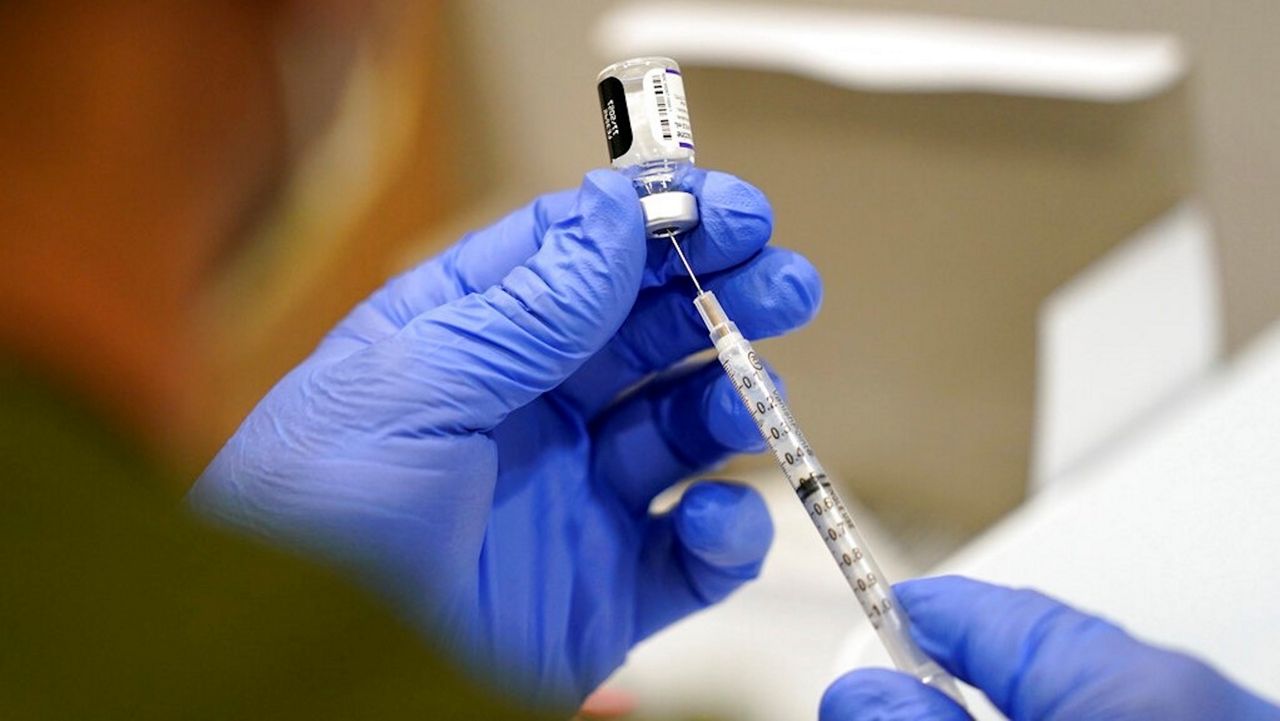LA CROSSE, Wis. — With spring break already underway, many are traveling to warm and tropical places.
But as traveling picks up pace, it’s also important to consider your health, especially if you’re traveling to another country or overseas.
Dr. Raj Palraj, a physician in Infectious Diseases and Travel and Tropical Medicine at Mayo Clinic Health System in La Crosse, offered some answers to some common questions related to vaccines and travel.
Should I make an appointment with a travel medicine specialist?
Palraj said anyone going overseas could benefit from seeing one.
This is especially true if you’re going to a less or underdeveloped country. Palraj said that’s because you have “a higher risk of contracting severe communicable illnesses while abroad.”
If you have a medical condition that creates lower immunity and makes you more vulnerable, Palraj said meeting with a specialist is crucial.
What vaccinations do I need?
Palraj said all travelers should have the flu vaccine and should be up-to-date with their COVID vaccine and boosters.
He also said adults should stay current on their other vaccinations including:
- Chickenpox (varicella)
- Diphtheria, tetanus and pertussis (DTP)
- Pneumococcal
- Measles, mumps and rubella (MMR)
- Polio
- Shingles
He also said some additional vaccines may be required depending on where you’re traveling to.
“For example, hepatitis A vaccination is recommended if you are traveling to Southeast Asia,” Palraj said.
You can find more information on what vaccines you may need on the Centers for Disease Control and Prevention website.
Can primary care doctors give travel vaccinations?
It depends.
Palraj said if you have a complex itinerary, traveling between multiple different countries, or if you’re going to Southeast Asia or Africa, it may be easier to meet with a travel specialist.
If you have specific medical conditions, such as if you’re immunocompromised, Palraj also recommended seeing a travel specialist.
Most specialists will review your itinerary, provide the vaccinations that are necessary and suggest ways you can prevent mosquito-borne or tick-borne diseases.
When should I go to a travel clinic?
At least four weeks before your trip, according to Palraj.
The reason Palraj said you need to schedule out that far in advance is because some vaccines require several weeks for immunity to develop; others may also require more than one dose for full protection.
However, trips to developing or underdeveloped countries may require an even earlier appointment date. Palraj said you may need to schedule up to two months in advance to get the full set of immunizations required for those areas.
Do all-inclusive resorts have a lower health risk?
Not necessarily.
Palraj said no traveler should take their health or safety for granted.
“Even in an all-inclusive resort, knowing how food is prepared or the water supply quality is not possible. Mosquitos and other insects could still be a concern. It’s important to take all necessary precautions and follow vaccination recommendations when you travel, regardless of your accommodations,” he said.
In addition to being prepared with vaccinations, Palraj said travelers can take some other precautions.
Palraj suggested travelers avoid eating from roadside stands and try to eat well-cooked foods. Drinking bottled beverages only can also be important.
He also suggested using mosquito repellents or even nets to avoid disease.
And just as it’s important to wash your hands with warm water and soap at home, he said it’s also important to do so overseas.





